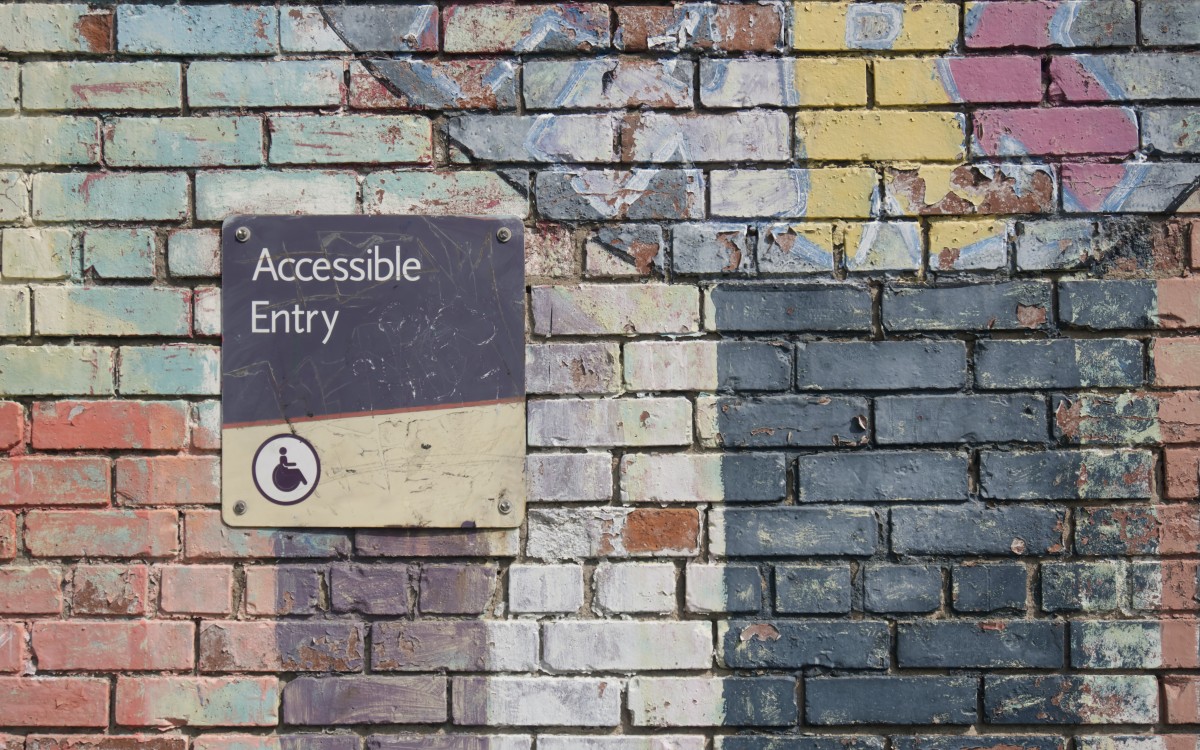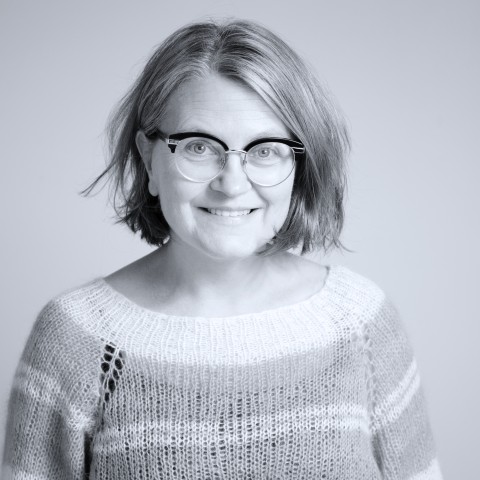Does the tourist industry miss millions of potential customers?

There are more than 1 billion people with disabilities or access requirements globally. In Norway alone, this number is as high as 1 million, and Europe has 135 million potential customers needing access requirements. So why has the tourism industry yet to adapt its accommodations or attractions for these customers?
Senior researcher Karin Marie Antonsen at Nordland Research Institute leads the ACCESSTOUR project to develop more accessible nature-based tourism through innovation, inclusion, and stakeholder involvement, with Norway as a case. With her colleagues Merete Kvamme Fabritius, Trond Bliksvær and several project partners, ACCESSTOUR will increase knowledge on how more accessible rural destinations and communities can create value for visitors and citizens with different functional abilities.
Lack of information and accessible infrastructure is why people with disabilities choose urban destinations over rural ones. (Source: Eichorn and Buhalis, 2011).
Antonsen talks more about the project in the video below:
European destinations lose € 142 billion annually due to a lack of facilitation. (Source: Eichhorn et al., 2014). So why do so many tourism actors not engage in being accessible? "Probably because they are afraid to do the wrong thing, say the wrong thing, and even insult people", - says Ivor Ambrose, a managing director at ENAT - European Network for Accessible Tourism and a partner in the project.
"You are not sustainable if you are not accessible", Ambrose continues, "A more inclusive tourism sector can contribute to public health, life quality for local citizens, and to fulfilling UNs sustainable development goals and their principles of Leaving no one behind."
Watch a full interview with Ambrose here:
Barriers to accessible tourism
Limited physical access, lack of information and attitudinal barriers towards people with disabilities are some barriers to accessible tourism. There are also a lot of myths about accessibility. Cato Lie from The Norwegian Federation of Organisations of Disabled People and participant in the project mentions two:
- It is too expensive to facilitate inclusive tourism
- It is insulting to ask disabled people what they need
Hear him talk about the barriers and myths in the video below:
Why should we care about more inclusive tourism for all?
With potentially millions of customers, the market opportunities are endless. Customers that find accessible places often stay longer, travel in larger groups, travel more often, spend more money, return to the same destinations and pass on word of mouth to family and friends. And with the European population getting older, accessibility is a requirement, possibly for us all.

